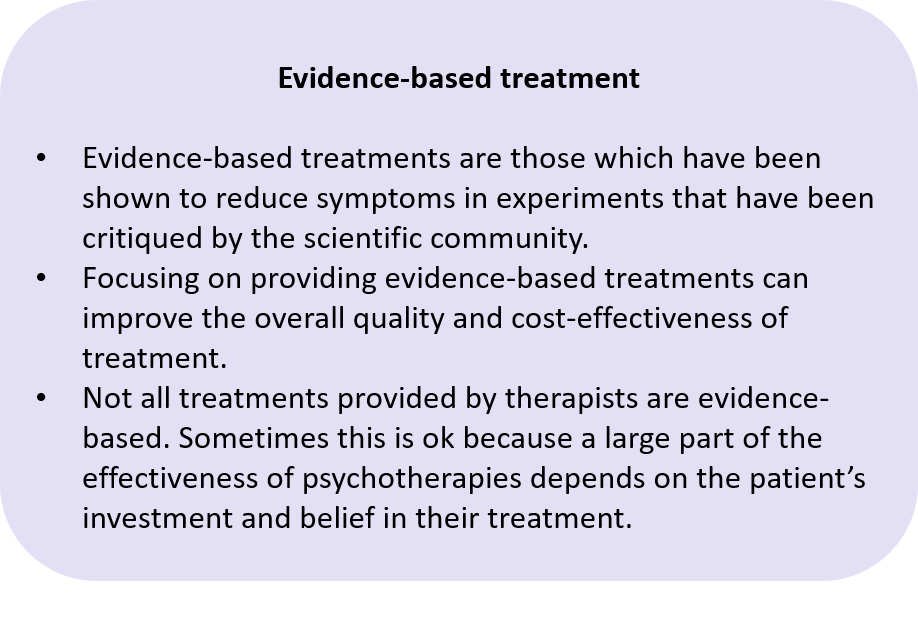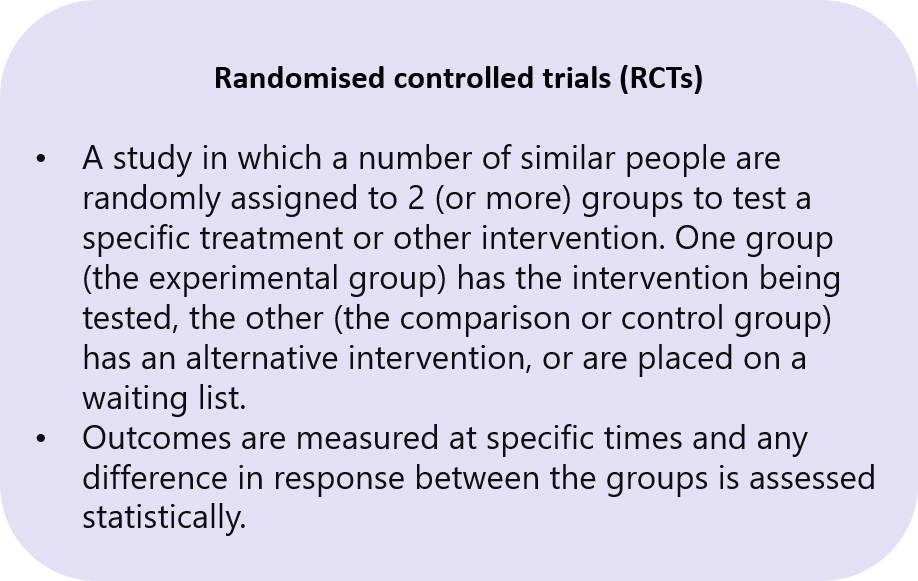Peer Link Workers: Support from those who get it
By Blog editor, on 9 November 2021
Post by Tori Sasaki, MSc student and Peer Link Worker with PsychUP for Wellbeing and Students’ Union UCL
Reading time: ~ 3 mins

PsychUP for Wellbeing and Students’ Union UCL have teamed up to pilot peer support sessions for students at UCL, as part of the Student Mental Health Partnerships projects funded by the Office for Students and led by UWE Bristol. Tori describes this new model of support and reflects on the experience of being a Peer Link Worker. Find out more about the sessions and book a slot with a Peer Link Worker here.
UCL has so many resources available to students who are struggling with a wide variety of issues, from Student Psychological and Counselling Services (SPCS) to International Student Support to the Students’ Union Advice Service, to Disability, Mental Health and Wellbeing (DMHW), and more. Navigating these services, however, can be overwhelming, and sometimes a more accessible and appealing first step is to seek support from someone who understands, on some level, what you’re going through. Someone who is a trained peer who can listen to what’s on your mind, share their own experiences when appropriate, and help direct you to the most useful further resources. We know from the PsychUP for Wellbeing IMPACTS peer-led research that many students valued talking to a fellow student about their mental health experiences, and expressed a desire for more peer support at UCL. That’s where the Peer Link Worker programme comes in.
The Peer Link Worker pilot project is a collaboration between PsychUP for Wellbeing, Students’ Union UCL and the UCL University Clinic. It began in May of this year and will run until December, with the goal of using feedback from the pilot to inform a longer-term project. All newly-recruited Peer Link Workers receive training so they can support their fellow students effectively. Peer Link Workers offer remote one-to-one and group support sessions, as well as remote follow-up workshops to psychoeducational videos that Trainee Clinical Psychologists have made on topics such as assertiveness, perfectionism, and stress and relaxation. We recently ran a group session focused on students’ feelings about returning to campus this year and are working on creating group sessions based on other topics as well. Individual support sessions have been run every day during the pilot, Monday to Friday. Support is open to all UCL students. Students come to us for one or two sessions, during which they also learn about other types of support services offered that fit their individual needs.

As well as benefiting students who sign up to the service, Peer Link Workers are also trained in incredibly valuable skills.

I was particularly drawn to the Peer Link Worker project because it aligns both with my value of helping others and with my goal of going on to pursue a career in the mental health field. The project not only benefits students who sign up to the service by offering them much-needed emotional support and help navigating different situations and resources at UCL and beyond, but it also trains the Peer Link Workers in incredibly valuable skills. These skills include how to properly use self-disclosure of our own experiences, how to set and maintain appropriate boundaries, how to navigate different communication styles, and the best course of action to support a student who is in crisis. These are skills that will be useful in any individual’s personal and professional life, especially if one is pursuing a career as a mental health professional.
Peer Link Worker training at a glance1: Boundaries

One of the special aspects about the student-peer relationship is shared experience. Of course, every student has elements of their university experience which are unique to them, and it is the Peer Link Worker’s job to truly listen to what the student is saying and to refrain from making assumptions. However, many students share similar struggles including dealing with mental ill-health on top of coursework, the pressure to get top marks, the financial burdens of being a student, and navigating friendships and romantic relationships. Therefore, another student is in a uniquely helpful position to support their fellow students. It is also notable that the relationship between the Peer Link Worker and the student seeking support is a non-hierarchical one: Peer Link Workers approach the conversation as a peer and not as a mental health professional.
I am grateful that this Peer Link Worker project has been able to continue into this academic year, especially as the start of the year can be a time of overwhelming amounts of information as well as new experiences and challenges. More than 50 students have been supported through the pilot to date. I hope that students continue to utilise this new resource, and that they come away from sessions feeling listened to, validated, and supported during their student experience.
More about the Peer Link Worker pilot and evaluation
You can find out more about the peer support pilot and book a session on the Students’ Union UCL website here.
PsychUP for Wellbeing are carrying out an evaluation of the pilot to see how it helps students. When you book a support session with a Peer Link Worker, you can opt into the evaluation and give us feedback on how you found it.
1 The UCL peer support training was adapted from the Health Education England Competency Framework and Care City training.
 Close
Close






